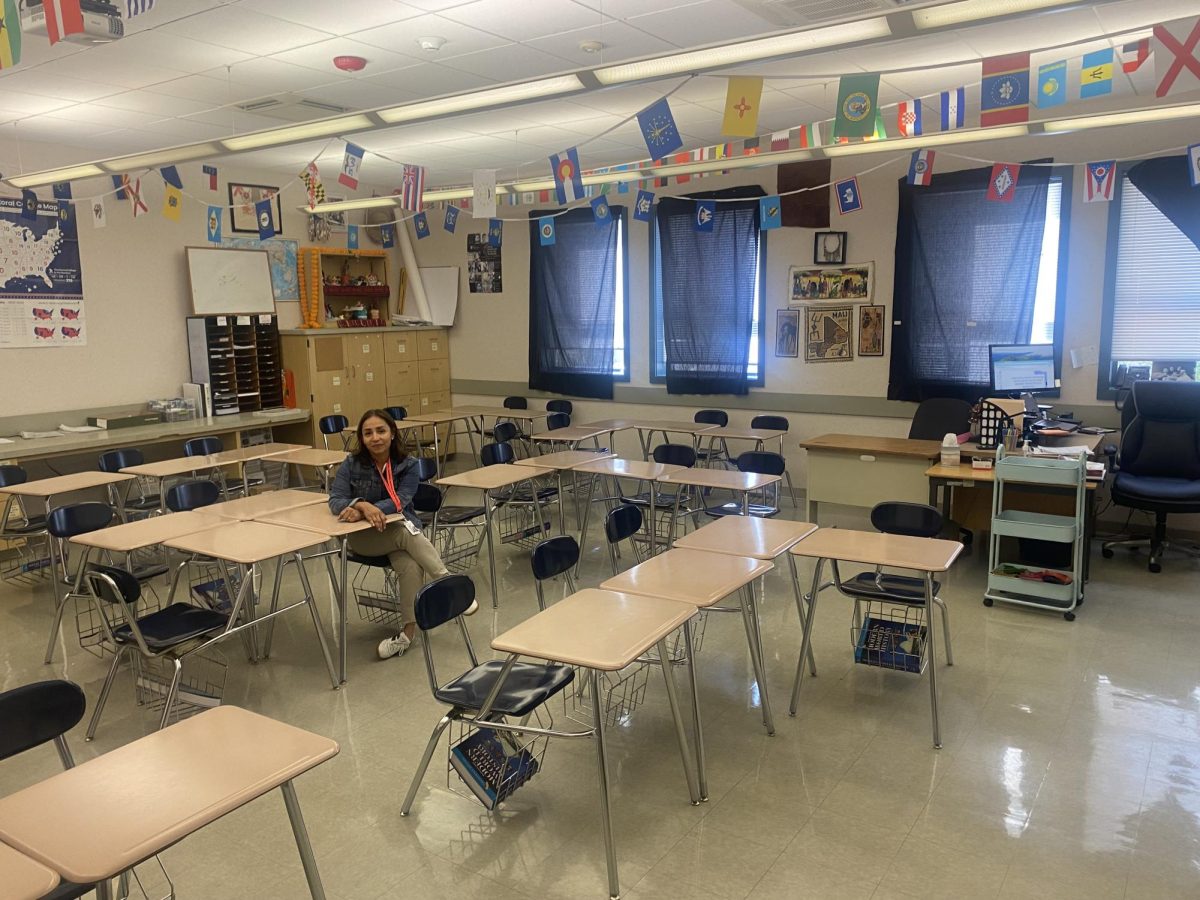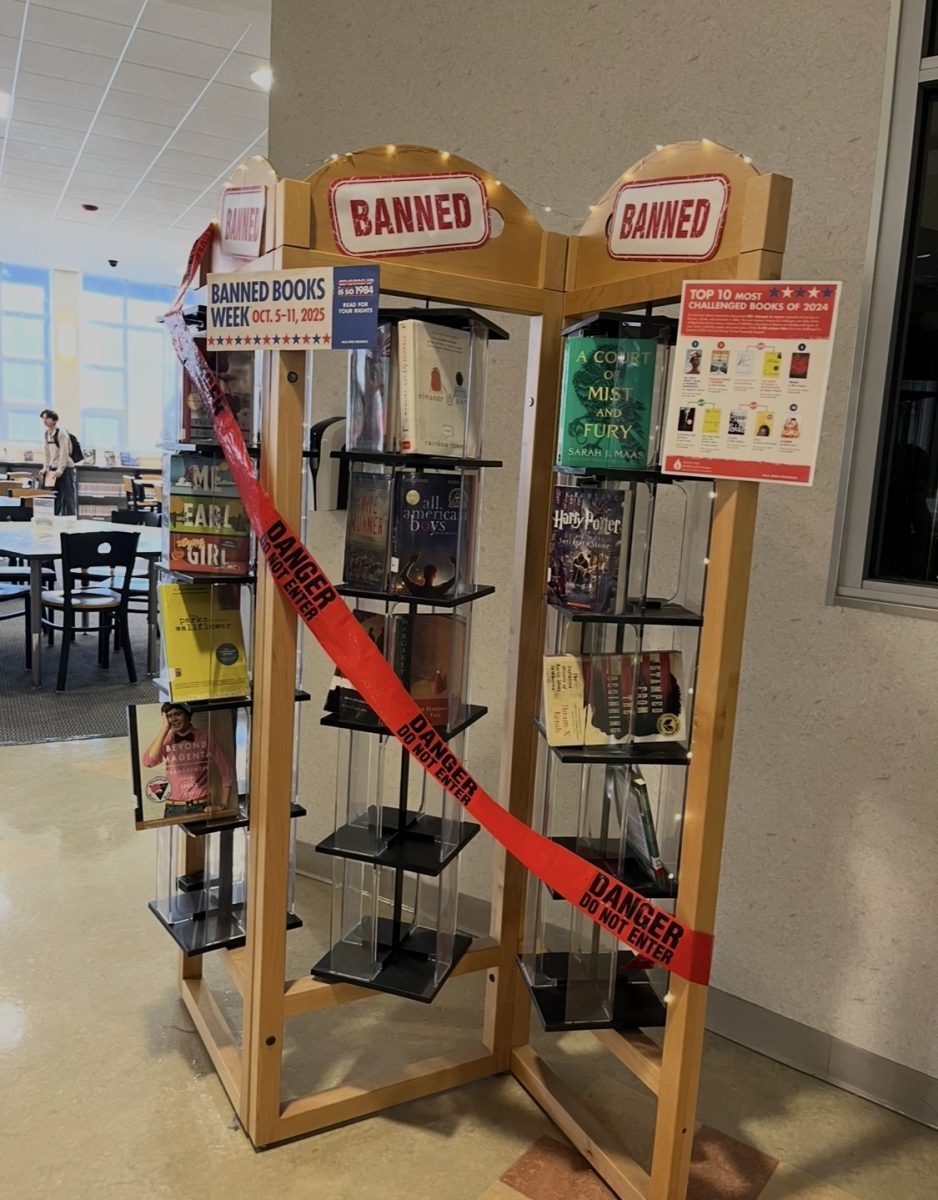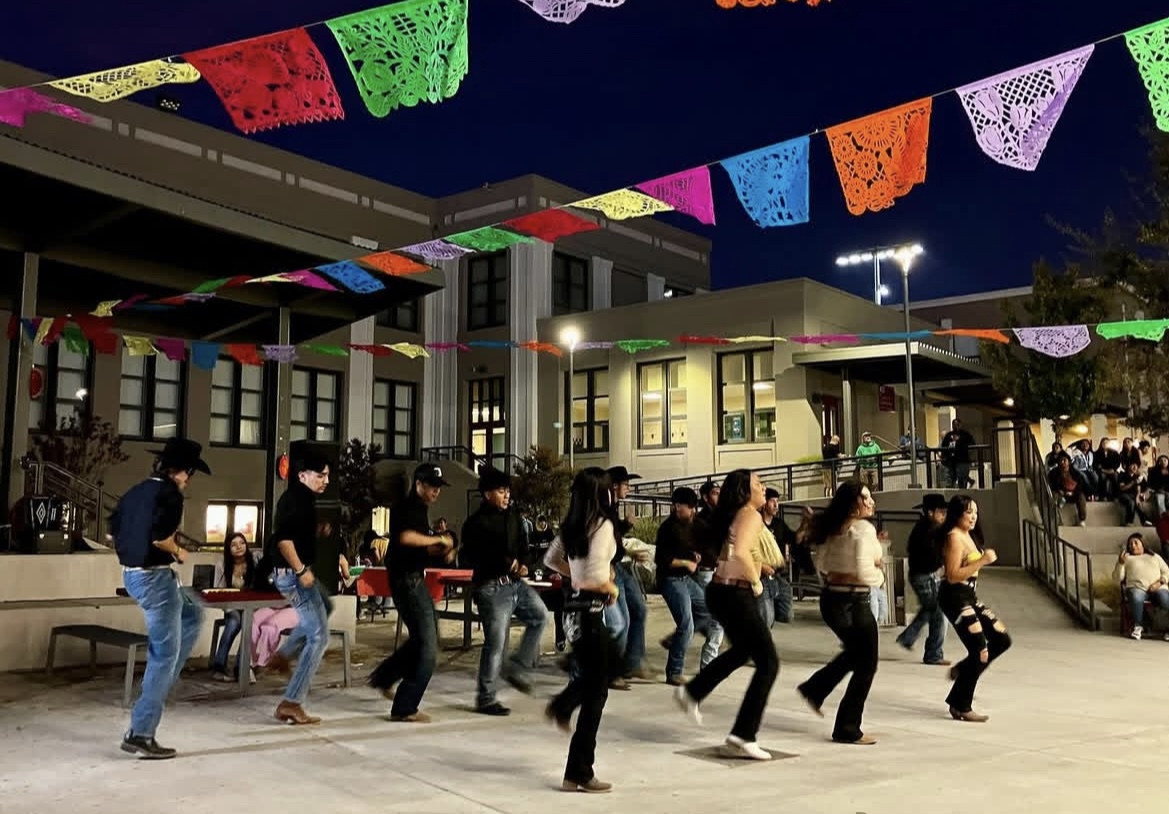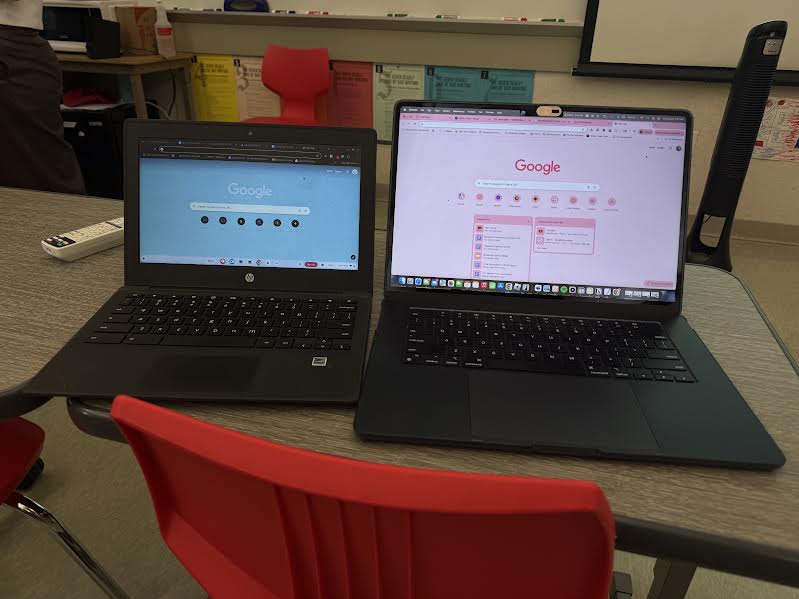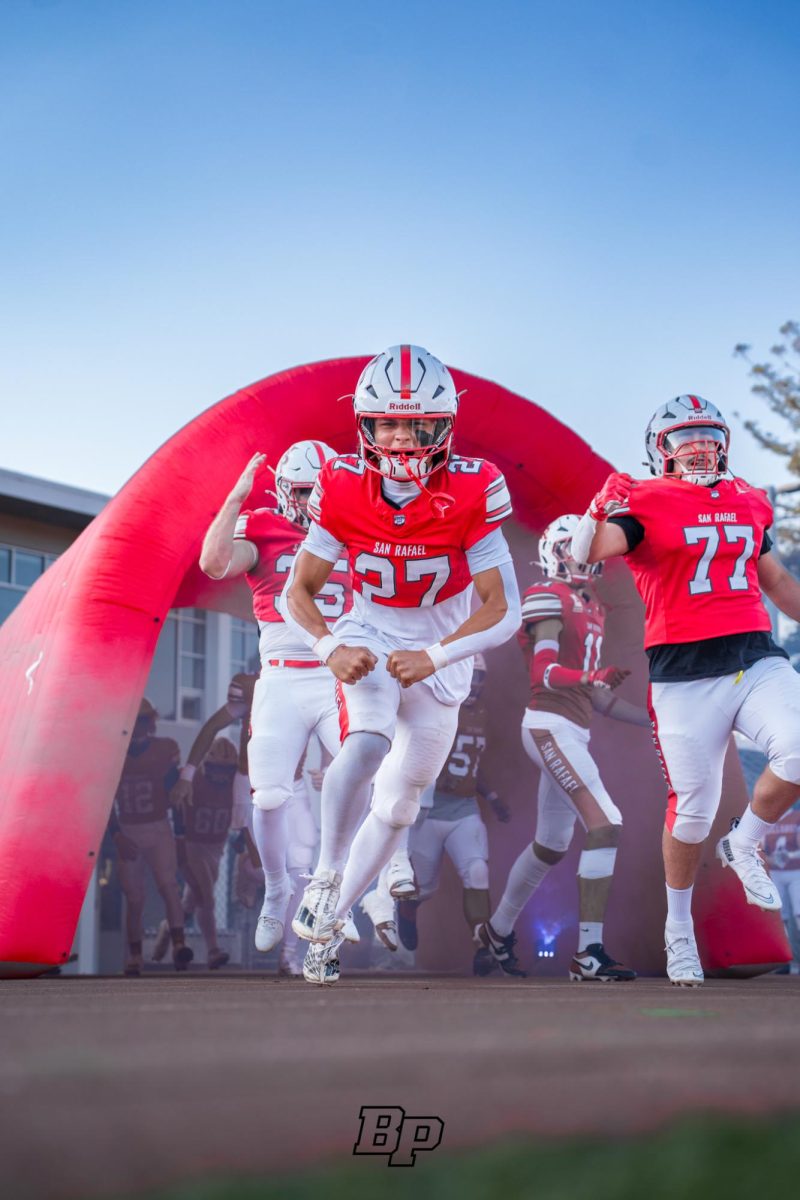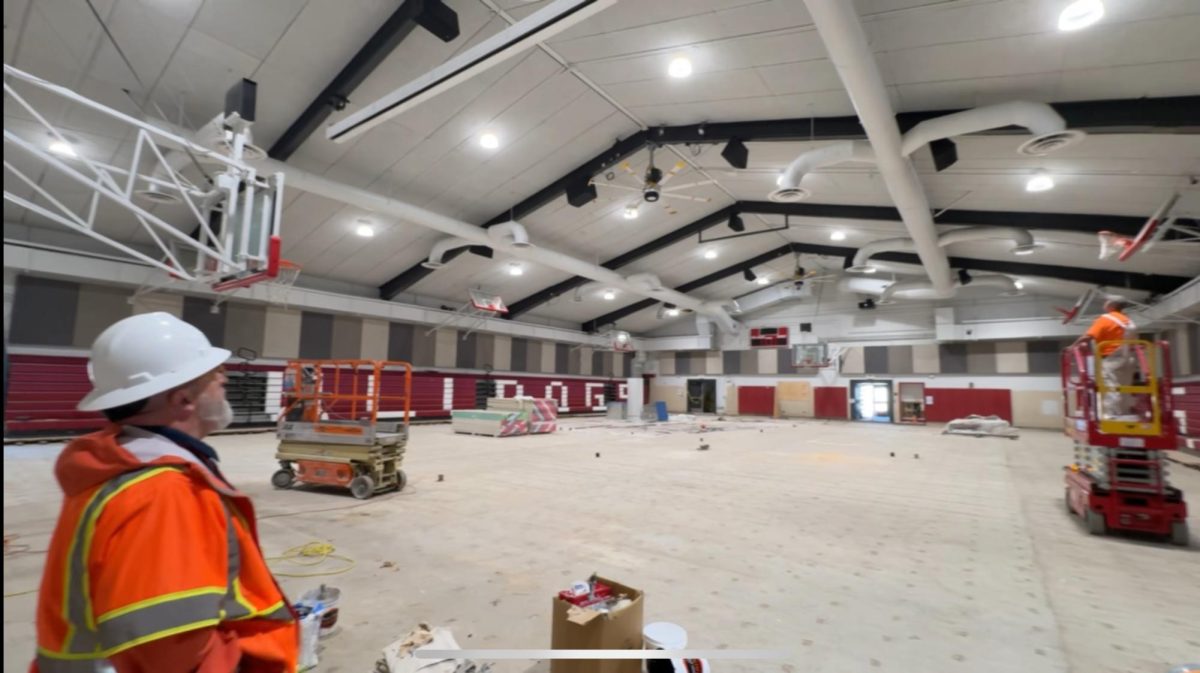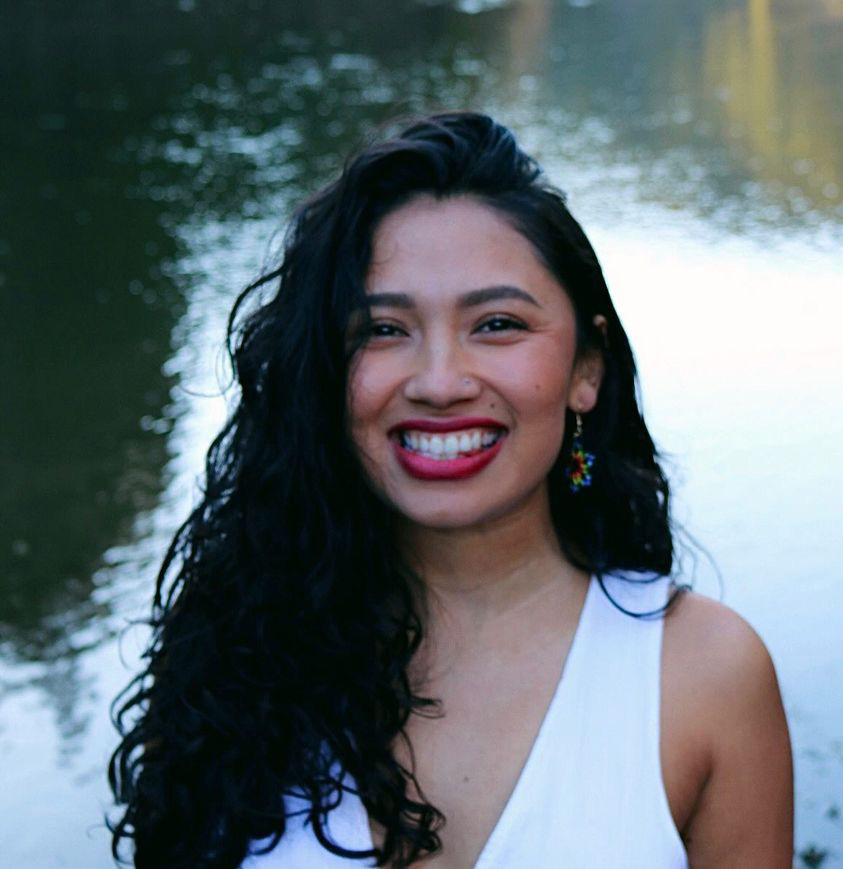SRHS Alum Miriam Amador Strives to Become the Mentor She Never Had
November 15, 2022
It’s a familiar scene at Canal Alliance’s University Prep program. As some students work tirelessly on their homework, Miriam Amador is giving life advice to others. Some students are struggling with Spanish conjugations while other students have problems at home. Amador can try to help with both, but seems to prefer the latter.
In 2006, a young Latina would be brought to America to start anew. Her father was a former Jesuit with Marxist ambitions, while her mother proved to be content with how the world functioned in everyday life. According to Amador, whenever something bad happened, her mother would often push it aside and say things like, “Well, that’s the way life goes.” Her father was very different in that regard.
“My father always pushed me to question things, to think critically about the world,” said Amador. Her father was very involved with the Catholic church in Mexico, and he often witnessed acts that he deemed unacceptable. Rather than live with the status quo, her father began rejecting what he saw. “When I’d come and talk about my day,” Amador said, “he would always kinda talk about it very [deeply]…he was always like, ‘Well that’s not the full picture’ or ‘There’s more to that’.”
This push by her father did not come in vain. Even at school, her revolutionary spirit fevered on and did not go unnoticed. At one point, while in her math class, a fellow student walked up to her and offered a new opportunity. “This girl came up to me and said, ‘You’re always talking about how you’re trying to change stuff’… and she handed me a flier…” The flier in question was related to an internship called the “Presente” helmed by the Multicultural Center of Marin (formerly known as The Canal Welcome Center). This program and the facilitator proved to be another stepping stone in Amador’s life.
Michael James, a person whom Amador considers a mentor, was the educator in that internship during Amador’s time there. “[He was] really one of my only elders. [When you] think about what happens with migration, and being not only disconnected from Guanajuato, but then disconnected from el Estado de Mexico…I didn’t have a lot of elders who were willing to listen to my story,” said Amador.
According to Amador, James was mentored by Paulo Freire who is best known for his 1968 work, Pedagogy of the Oppressed. Freire’s work mainly focused on critical pedagogy (which is the approach and philosophy of teaching. Freire believed that education can be used to create radical changes in the world). So it’s no surprise that James’ work focused on education as a form of social change.
“He taught [me] how to analyze my life through many contexts of the world…to learn about what happened in 2006, what caused my dad to move,” said Amador. “He gave me a lot of tools and the space to critique and be critical of my life.” These tools came in the form of knowledge on how and what prompted these things to happen.
Through Michael James, Amador was able to find organizations and other people who shared similar interests. “I went to Hawaii to connect with people there…it was just a world of knowledge, curiosity and storytelling,” said Amador. “It was very much a spiritual experience for me.”
Even with the knowledge she gained from her father and her mentor, Amador considered herself a shy and uninvolved person, especially when it came to her school. While attending San Rafael High School, Amador never failed to witness the small incongruent details that littered the hallways. Rather than let these issues run rampant, Amador decided to take it into her own hands. This came through a girls’ group she started, Mujeres con Poder (Women’s Empowerment). The group was mainly aimed towards young Latina women, who Amador thought were not given a voice. The group often met up and spoke about several issues they saw at school and society as a whole.
“I had all of these tools and I wanted to make a space…that was open to anyone, but it centered a Latina working class experience,” said Amador. Mujeres con Poder focused on a variety of issues that Latina women faced and approached these issues through group talks where vulnerable ideas could be expressed. A noticeable example came after the 2016 election, when they staged a walkout.
Although Mujeres con Poder did not continue after Amador and her classmates left San Rafael High School, Amador did not lose track of her vision. Amador went on to help create a girls’ group at Venetia Valley School called Girl Power, which played a similar role in giving young Latina women a space to think critically.
Henry Velasquez, Amador’s supervisor at Canal Alliance, finds that she was always keen on supporting Latino students. “I really appreciate that lens that she’s brought to [Canal Alliance UP],” said Velasquez. “She’s willing to really push for students…no one else from the [UP team]…has that background and educational experience.”
Amador’s accomplishments all seem to follow a similar pattern. Like the mentors who gave her the space and tools she needed, Amador feels the need to be that elder for her students.
“I don’t know exactly what I want to do, I don’t think there’s a specific thing,” said Amador. “I just want to be a good elder.”

